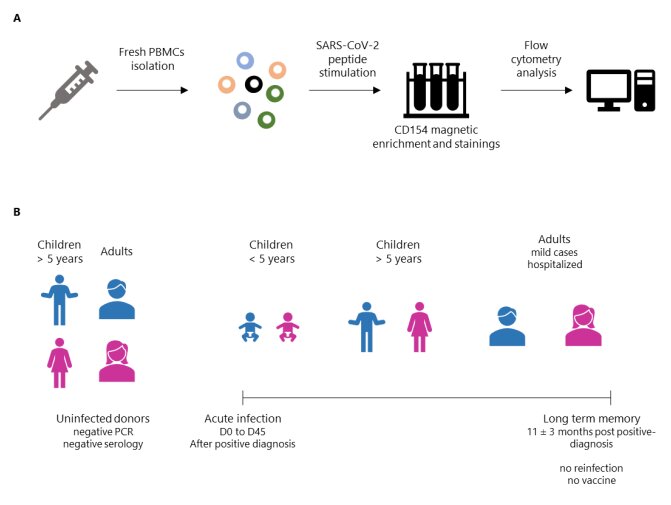
Emphasizing children’s rights over their own bodies should play a key role in protecting them against genital cutting and modification, a new study says.
The research says children‘s interest in bodily integrity has priority over their parents’ community or religious associations. It should also take priority in cases where community or religious interests come into conflict with the child’s welfare. Until the child has developed sufficient autonomy to be able to give ethically valid consent to procedures, their bodily integrity should be prioritized medically, legally, and politically.
The study is published in the journal Clinical Ethics.
The study, by Dr. Kate Goldie Townsend, from the University of Exeter, outlines how genital cutting and modification practices (CGC/M) shouldn’t be done to children for any reason apart from medical need.
The study was produced to emphasize how the protection of bodily integrity, and its centrality to children’s welfare, should be used to inform the arguments of those who take a zero-tolerance approach to CGC/M practices, and inform responses to those who claim that CGC/M is in the child’s interest as a prospective member of a cultural or religious group.
Dr. Goldie Townsend said, “I want to defend children’s rights to bodily integrity against all other arguments. Children are individuals, and they are owed rights as individuals to have their bodily integrity respected. This right should be used as a defense against child genital cutting/modification practices. Some scholars argue that at least some types of CGC/M are ethically permissible, or should in any case be legally tolerated in Western liberal societies.
“Those with the alternative zero-tolerance approach should emphasize the child’s welfare interest in bodily integrity as the primary interest which should be protected. I take CGC/M to be medically necessary when it is required to save a child’s life or prevent a long-term physical impairment, and there are no other less risky or invasive alternatives of similar or greater effectiveness.”
The study says the priority of all should be protecting children’s bodily integrity, with consideration about children’s future, hypothetical, or emerging bodily autonomy a secondary consideration. Cutting any person’s genitals is morally impermissible unless the person is incapable of consent and the cutting is medically necessary or chosen by the affected individual.
Dr. Goldie Townsend said, “This does not mean that the protection of the child’s future autonomy or ability to make choices about their bodies is not important, it simply means it is not as important as the protection of their present interest in bodily integrity. Partly because they may never develop autonomy or the capacity to fully understand what is at stake in a decision to alter their sexual anatomy, but because the protection of bodily integrity is basically and fundamentally valuable in itself.”
More information:
Kate Goldie Townsend, The child’s welfare interest-based right to bodily integrity, Clinical Ethics (2024). DOI: 10.1177/14777509241274227
Citation:
Study: Emphasizing children’s bodily integrity is key to protecting them against genital cutting, modification practices (2024, October 3)
retrieved 6 October 2024
from https://medicalxpress.com/news/2024-10-emphasizing-children-bodily-key-genital.html
This document is subject to copyright. Apart from any fair dealing for the purpose of private study or research, no
part may be reproduced without the written permission. The content is provided for information purposes only.


